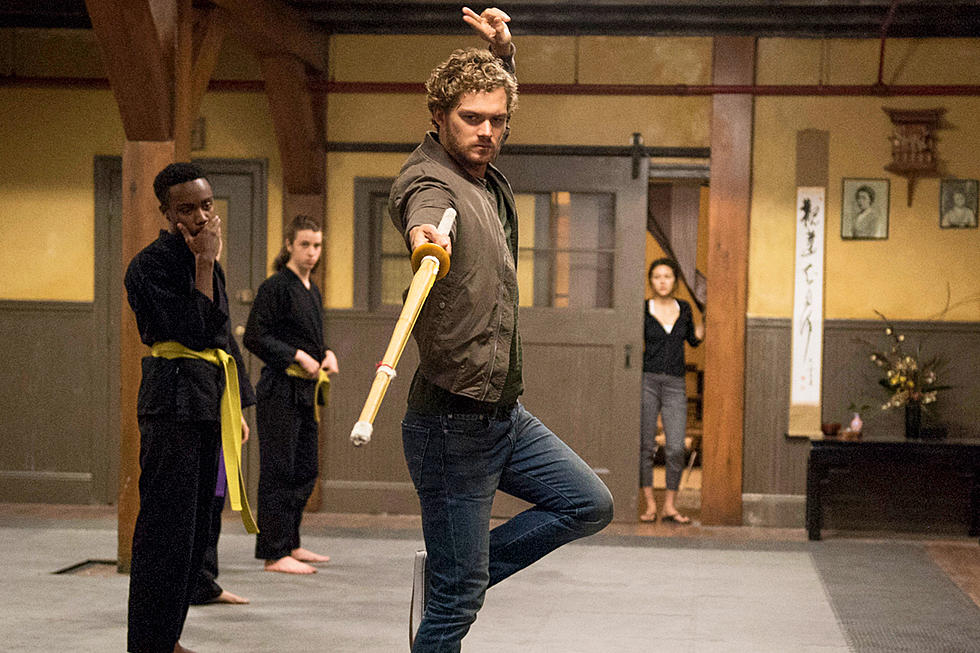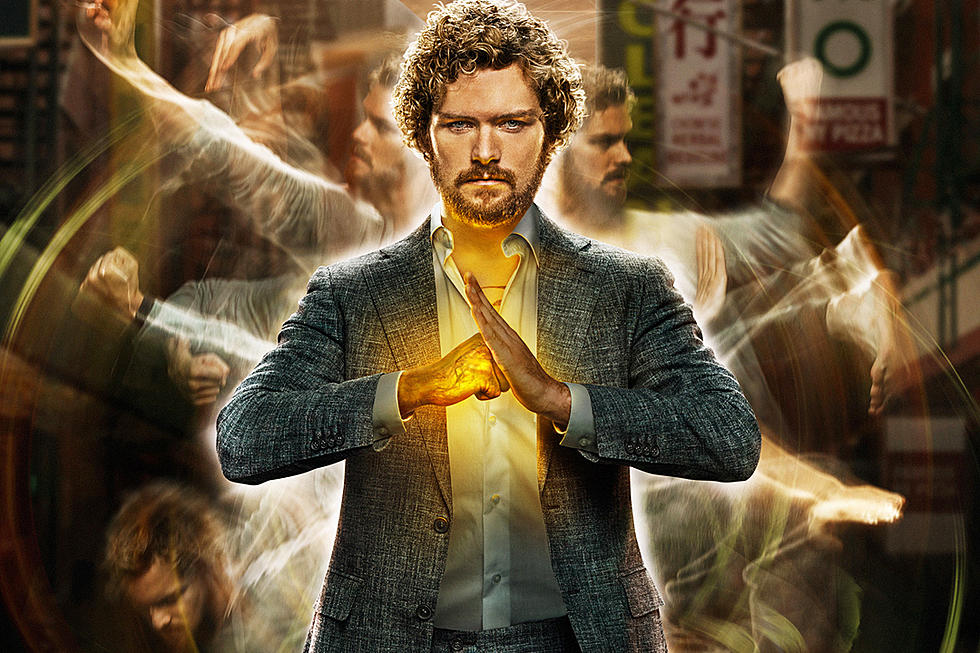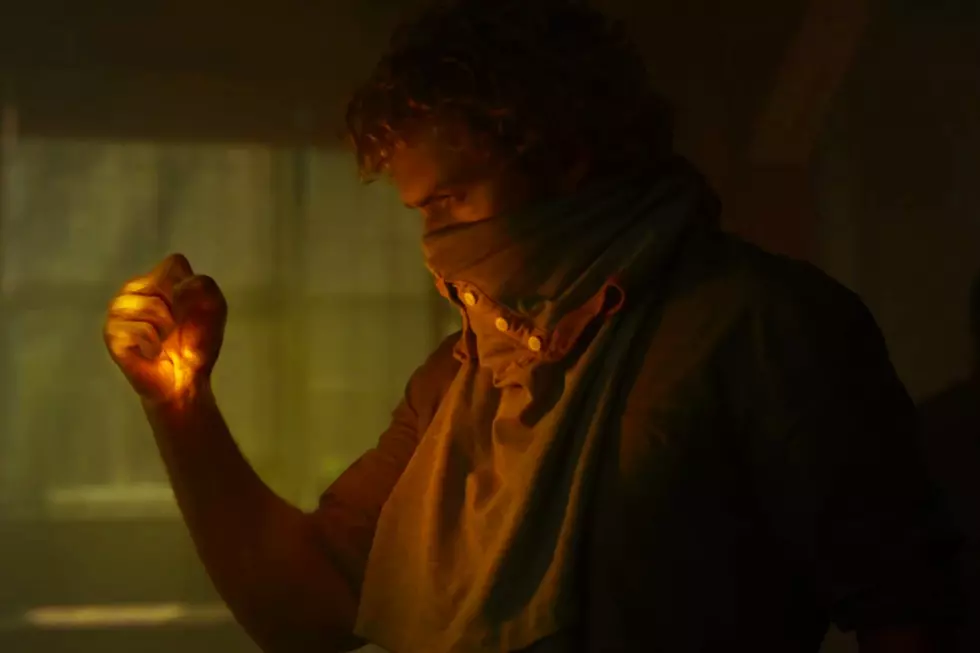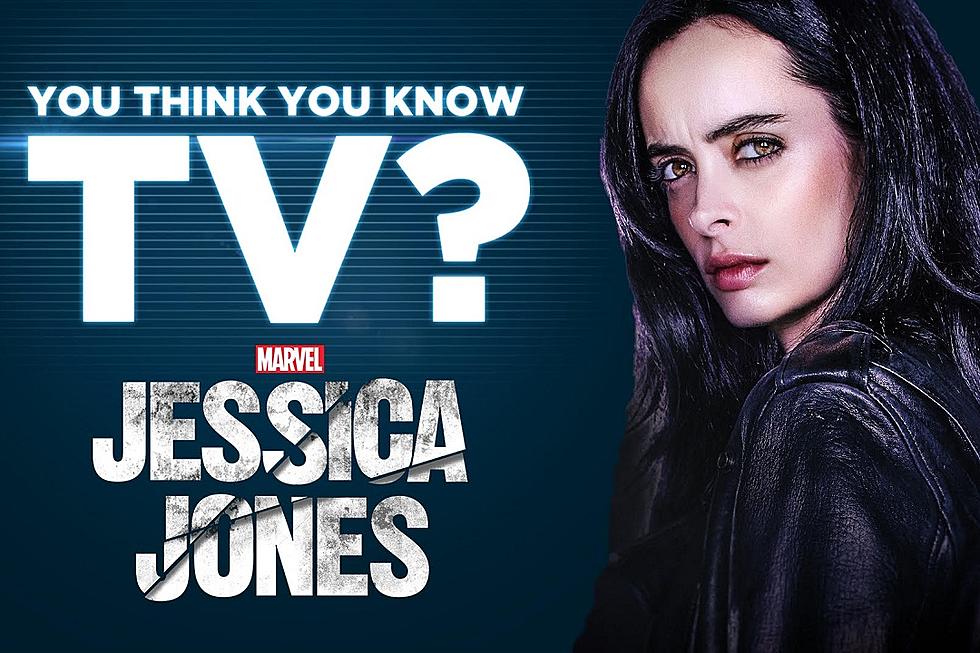
An Appropriately Offbeat Birthday Tribute To The Late, Great Steve Gerber
Steve Gerber was one of comics' most individual talents – an acclaimed writer whose career spanned four decades, an outspoken voice for creative rights, and, of course, as he's inevitably known today, the man who made an ill-tempered cigar-smoking duck into one of Marvel's most unforgettable characters.
He broke into the field in the early '70s as part of a "new guard" of Marvel creators, and along with his contemporaries Marv Wolfman, Len Wein, Archie Goodwin, Tony Isabella, and Jim Starlin, he would redefine the company's identity over the course of the decade.
And while Steve Gerber comics may have looked like any other from the outside, on the inside they unfolded into a dimension that was confounding, compelling, and completely unique. He followed an idiosyncratic and oft-inexplicable muse, and working in a medium that was often dismissed as "kids' stuff", brought unparalleled complexity to everything he touched.
Gerber was a master at building characters – and breaking them down to see what made them tick. He could come up with incredibly lovable protagonists in some stories, but was equally adept at creating figures who were unlikeable without becoming unsympathetic (a task many authors struggle with). Denizens of the Gerberverse were always just slightly offset from the rest of four-color crowd, taking you by surprise each time you sat down to read. Whether he was writing Man-Thing, KISS, the Headmen, Destroyer Duck, Stewart the Rat, Dakimh the Enchanter, Anger the Screamer, Man-Wolf, Shanna the She-Devil, Nevada, the Guardians Of The Galaxy, the Son Of Satan, Thongor, Sludge, Foolkiller, Star Wars, or something else entirely, you never knew what to expect from panel to panel. Sometimes, a duck would stroll out of the bushes, and go on to run for President of the United States. And sometimes an elf with a gun would show up and kill someone, and the whole thing would be forgotten within a couple issues.
Whether he was writing for Marvel, DC, Vertigo, Eclipse, Image, or Malibu's Ultraverse line, his voice was unmistakeable, and his skill and creativity unrivaled. His stories danced along the extremes, traversing lands that were as colorful and expansive as any dreamscape, yet pitted with bottomless chasms of night. And he wasn't afraid to reach into the shadows – his stories tapped into a darkness that wasn't somber or bleak, but simply a natural element, lapping around the edges of the psyche.
While Howard became Gerber's most famous creation, he populated his tales with all manner of freaks, outcasts, miscreants, and oddballs. He pitted his heroes against aliens, demons, monsters, white supremacists, and just about every other imaginable threat, and his work often seemed governed by some form of narrative chaos theory, full of surreal imagery and split-second swerves in direction. Gerber's on-again, off-again relationship with Marvel became the stuff of legend – they notoriously tussled over the rights to Howard in the early '80s, yet he made a number of returns to the company (and character) in the ensuing years.
Gerber authored notable runs on a number of titles, but it's his tenure on Defenders that I hold most dear – a 21-issue suite of non-stop strangeness, taking Marvel's "non-team" through conflicts both interpersonal and intergalactic, blending the mundane and magnificent with a deft touch and a healthy dose of absurdist humor, each page shot through with manic energy and hallucinatory overtones, a perfect cocktail of superheroic imagination and countercultural commentary.
In fact, if one were to actually create a Steve Gerber cocktail based on those Defenders comics, the recipe would go something like this: combine equal parts espresso and absinthe, add ice, shake well, strain the resulting liquid into a suitable vessel, strap said vessel to a lit firework, and shoot it into space.
Gerber's stories defied reality, they defied conventional structure, they sometimes defied common sense. (And by all accounts, they also tended to defy all editorially-imposed deadlines and schedule concerns.) They mixed heartfelt emotion with brilliant imagery and healthy dollops of the bizarre… And they flew, unhindered and unhinged, through a realm of fantastic imagination.
Steve Gerber passed away in 2008 after a battle with pulmonary fibrosis, but his influence and impact lingers throughout the industry. And so, 67 years after his birth, we've invited a handful of our favorite creators to join us in celebrating his life and legacy!
Justin Sane
Howard The Duck by Justin Sane, creator of Bloody Dreadful, co-creator of The Woodland Welfare Manifesto
Josh Bayer
Omega The Unknown by Josh Bayer, author of Theth, Raw Power, and Bootleg Rom; creator of Suspect Device; artist of Castle's 'Return Of The Gasface'
Ted Lange IV
The Gerberverse by Ted Lange IV, creator of Warp Zone
Adam McGovern
To imagine a day when I don’t think of Steve Gerber is to imagine not being a comic writer or a misfit at all; two things that just ain’t an option. There are lots of reasons just recently. Wishing he’d lived to see the redemption of Howard the Duck in high-profile reprint sales and big-screen cameos; wishing he’d had a chance to write the second half of Starhawk’s origin (possibly the first transgender superhero, kinda) in the days when there was no money to be made from being unique and Marvel pulled him from his version of Guardians Of The Galaxy in mid-story – the next writer called him up and said he’d like to know what Steve was about to do next, and Steve said, “so would I,” and at a New York comic-con someone said she’d like to know how he got a space-sex scene between an astral Nikki and a planet-sized Vance Astro past the Comics Code censors, and he said, “so would I,” and I’m digressing – but Steve would load his comics with full pages of non-panel prose in which every word had to be un-unspoken. I read one, about a persecuted fat kid (guess who), as a public-speaking assignment in a highschool theater class; those pages, the ones with pictures and without, showed me there was no barrier between pop and literature, and each should aspire to be both. Lots of reasons to think of Steve these days, and every day, he was the gold standard of eccentric, individual comics when that was suicide. His voice, pissed off, discontent, because he knew there could always be a better way to live and tell a story; sarcastic, irreverent, because it was able to find the humor in anything but never at your expense; that voice is echoed and added to with every comic creator who takes a chance and cares about the right kind of succeeding. I never had to wonder what he would say about current comics because he was making some of the most meaningful ones to the end, and I can’t help feeling that he’s listening still, too interested to retire to heaven, his thoughts the sound you’d better be making if you’re bouncing off the universe right.Pat Aulisio
Man-Thing by Pat Aulisio, creator of Xeno Kaiju and Infinite Bowman, founder of Yeah Dude Comics
'Calamity' Jon Morris
Howard The Duck by "Calamity" Jon Morris, cartoonist and creator of Jeremy – Just Turned Nine
- (All quotes and images in this post are exclusive to ComicsAlliance, and © their respective creators.)
More From ComicsAlliance








![R.L. Stine And German Peralta Rebuild A Monstrosity In ‘Man-Thing’ #1 [Preview]](http://townsquare.media/site/622/files/2017/02/Man-Thing_1_Featured.jpg?w=980&q=75)
